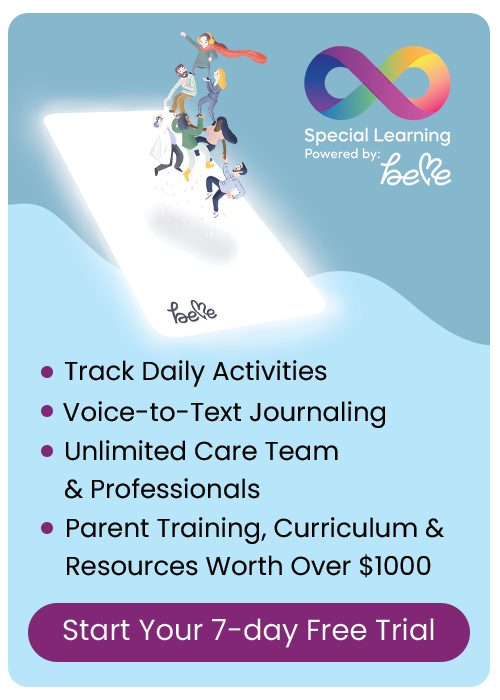Blog Categories
- ADHD
- Applied Behavior Analysis
- Autism Awareness
- Autism Service Providers
- Case Studies
- Dignosis
- Classroom Management
- Credentials
- Ethics
- Family Matters
- FAQs About LIVE Events
- Financial Planning
- Holiday Planning
- IEP's
- Panelists
- Private Equity in Autism & ABA Industry
- Psychopharmacology
- Sensory Processing Disorder
- Speech and Communication
- Subject Matter Experts
- Summer Planning
- Transition Planning
Creating Communication Opportunities
adolescents and adults in variety of settings including school, home and mental health facilities. In each of these environments, she worked closely with parents, teachers, and paraprofessionals to develop and oversee implementation of behavior intervention plans. She has extensive experience mentoring and providing supervision to RBTs, BCBA candidates and behavior analysts. As an Associate Director of Clinical Solutions for Special Learning, she is responsible for creating and presenting educational materials and promoting Special Learning’s mission to positively impact the special needs community. She received her Master’s degree in Special Education/ABA from The Ohio State University. She has been working with in the field of ABA for over ten years.
Creating Communication Opportunities
Communication opportunities abound in natural situations and through the course of any given day. There may be times, though, where you will need to create additional opportunities for your student to practice his or her communication skills. Here are a few strategies to contrive communication opportunities:
Refrain from giving the student the necessary materials needed to complete a task/activity
· For example, give the student a bowl of ice cream and withhold the spoon.
· Ask the student to write her or her name and withhold a pencil.
Give too little of something
· Give a very tiny portion of pretzels for snack so the student requests for more.
Give incorrect item
· Pour water into a glass if the student requests for juice, creating a need to tell his or her teacher.
Provide choice opportunities
· Rather than deciding activities for the student, allow the student to choose which task they would like to complete. Other choice opportunities include: choosing snacks, choosing a classmate to push wheelchair, order of tasks needing completed, and where to sit in class.
Important tip when creating communication opportunities: parents, teachers, and all communicative partners should avoid making communication feel like work. If communication feels like work, the student will be much less motivated to engage in the communicative response. It’s important to remember to have fun and promote playful communication!
RECOMMENDED PRODUCTS
Global ABA Practitioner Kickstart Program
Build Your Own CE Library – Gianna Apicella (20 CEs)





